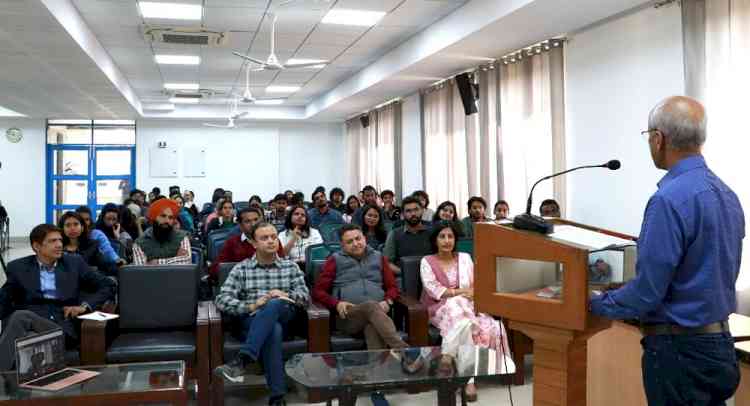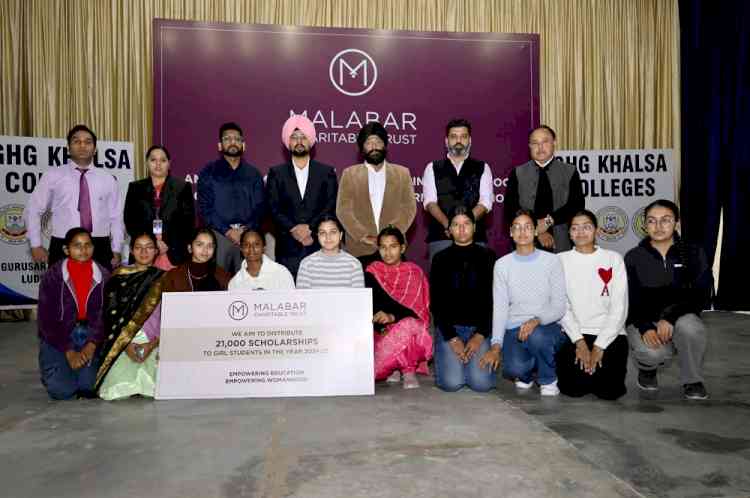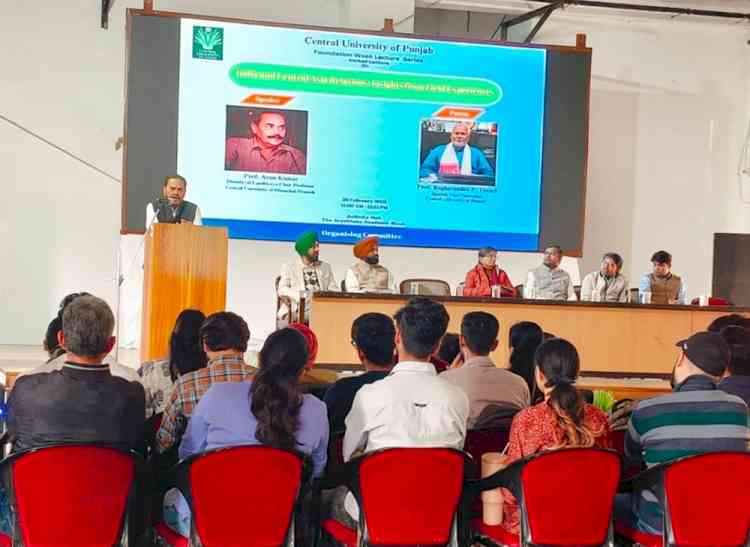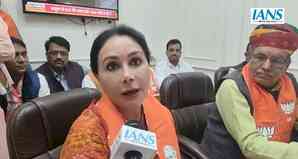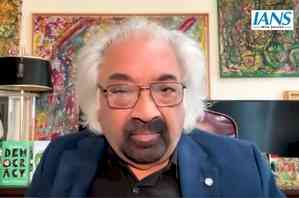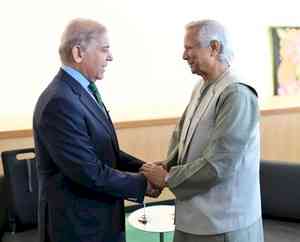Central University of Punjab hosts Regional Law Review Consultation on Cyber Laws Affecting Women
The Central University of Punjab, Bathinda (CU Punjab), in collaboration with the National Commission for Women (NCW), successfully organized the Regional Law Review Consultation 2024-25 on the theme “Cyber Laws Affecting Women” on Saturday.
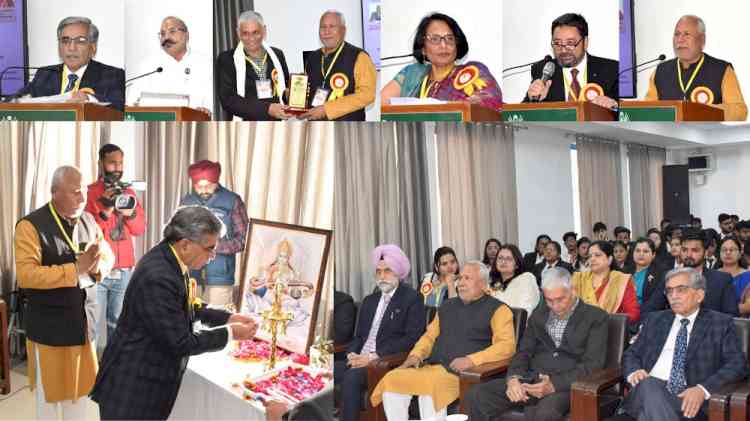
Bathinda, November 25, 2024: The Central University of Punjab, Bathinda (CU Punjab), in collaboration with the National Commission for Women (NCW), successfully organized the Regional Law Review Consultation 2024-25 on the theme “Cyber Laws Affecting Women” on Saturday.
The event brought together over 35 legal experts and renowned experts from different fields from Punjab, Himachal Pradesh, Jammu & Kashmir, Uttarakhand, and Ladakh. These experts gave their insights and diverse perspectives to address critical issues in cyber law, identify gaps, and propose amendments to better safeguard women’s rights in the digital space. This initiative was a collaborative effort to strengthen cyber laws and create a safer online environment for women. The consultation focused on challenges such as online harassment, identity theft, and advanced threats like AI-driven deep fakes. It also highlighted region-specific concerns, including limited digital literacy, underreporting of cybercrimes, and the need for stronger law enforcement.
Inaugural Session
The event began with an inaugural session featuring prominent dignitaries. Prof. Jai Shankar Singh, Vice Chancellor of Rajiv Gandhi National University of Law (RGNUL), Patiala, served as the Chief Guest. Prof. S. K. Mehta, Vice Chancellor of the University of Ladakh, attended as the Guest of Honour, while Sh. P. S. Girwar Rau, Advocate at the Supreme Court of India, delivered the keynote address.
Speaking on the occasion, Prof. Jai Shankar Singh highlighted the importance of an organized approach to strengthen legal frameworks and enforcement mechanisms for combating cybercrimes against women. Prof. S. K. Mehta emphasized the need for public-private collaborations, mandatory reporting of cyber offenses by digital platforms, and robust digital literacy initiatives to create safer online spaces for women. P. S. Girwar Rau addressed the legal challenges posed by evolving technologies, advocating for stringent amendments to laws related to Information Technology to effectively counter emerging threats like deep fakes.
In his presidential address, Prof. Raghavendra P. Tiwari, Vice Chancellor of CUPB, commended the collective efforts of Dept. of Law, NCW and all participants and reaffirmed the university’s dedication to advancing gender equity and driving meaningful legal reforms. He stated that this law review consultation program would play a significant role in making the Internet a safer space for women.
Panel Discussions: The consultation featured four panel discussions, where legal experts, academics, and bureaucrats deliberated on various aspects of cyber laws and critically examined current legal lacunas in cyber laws affecting women. Experts proposed specific amendments and shared recommendations to strengthen the legal framework. The discussions addressed legislation encompassing amendments to the Indecent Representation of Women (Prohibition) Act, 1986, relevant provisions of the POSH Act and others. Participants explored strategies for institutional capacity building, stricter enforcement mechanisms, and enhanced victim support systems.
Valedictory Session and Key Outcomes
The consultation concluded with a valedictory session addressed by Prof. Minakshi Sinha from the National Forensic Sciences University, New Delhi, and Prof. Mohammad Hussain, Dean of the School of Law, University of Kashmir. Both speakers highlighted the need for collaborative efforts among academia, policymakers, and civil society to build a safer and more equitable digital environment for women. Laldinpuii Sailo presented the report of the programme and shared a summary of the key outcomes, which included stricter legal provisions, mandatory reporting obligations, and capacity-building initiatives for law enforcement. The importance of empowering women in rural and semi-urban areas through digital literacy programs was also underscored.
The event began with a welcome address by Prof. Yogalakshmi K.N. and an introduction to the program theme by Prof. Deepak K. Chauhan (Programme Coordinator and Dean School of Legal Studies). Prof. V.K. Garg welcomed the dignitaries, and Binu Peter, Senior Analyst at NCW, outlined the objectives of the consultation. Dr Smriti Rai, co-coordinator of the programme and Dr Chhavi Garg expressed gratitude towards invited speakers. Dr Sukhwinder Kaur and Dr. Ravinder Kaur concluded the event with a vote of thanks. The Head and faculty members of the Department of Law were also present. Overall, the consultation fostered collaboration and offered solutions to improve cyber laws for better protection of women online.



 City Air News
City Air News 
